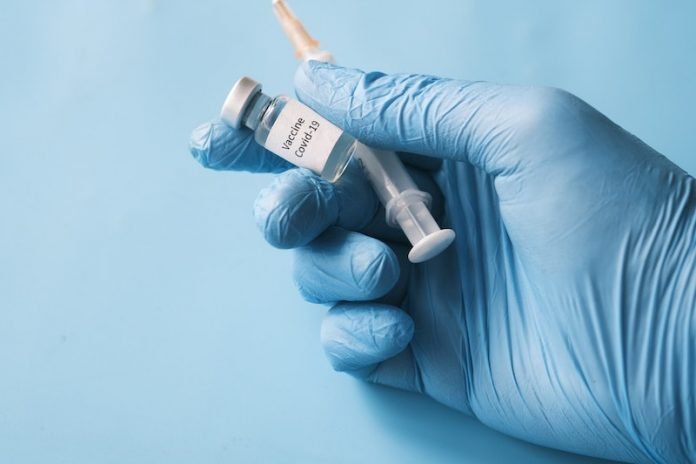
In a new survey from Rutgers and elsewhere, researchers found people who think they know a lot about COVID-19 vaccines are more likely to hold vaccine misperceptions.
They found 37 percent of Americans who believe multiple false claims thought they were very knowledgeable about vaccines, compared to 16 percent of those who held no misperceptions.
Among those who claimed to have expert knowledge (2 percent) about vaccines, 48 percent believed false claims compared to 16 percent who said they knew nothing.
In the survey by the COVID States Project, the team examined the shifts in vaccine misperceptions across different groups over time.
They polled 18,782 Americans from all 50 states and the District of Columbia between Dec. 22, 2021 and Jan. 24, 2022 and compared them to previous surveys done since January 2021.
Americans were asked to mark four popular vaccine misinformation claims as true, false or “not sure.”
The false statements included that COVID-19 vaccines alter people’s DNA, contain microchips that can track people, contain lung tissue from aborted fetuses and can cause infertility.
The team found about 5 percent of respondents thought vaccines contained microchips, 7 percent said vaccines used aborted fetal cells, 8 percent believed vaccines could alter human DNA and 10 percent were concerned that vaccines could cause infertility.
While these claims have been proven false and researchers have observed a decline in misinformation beliefs since January 2021, 16 percent of Americans still think one or more false vaccine statements are factual.
Almost a year after the start of vaccine rollout, 46 percent are unsure whether at least one of the claims was true.
Researchers also found 23 percent of parents hold at least one vaccine misperception, compared to 14 percent for non-parents. This pattern is more pronounced among younger fathers and mothers.
About 32 percent of fathers under age 35 and 26 percent of mothers in the same age group identify some misinformation claims as true.
One-third of people who believe false vaccine claims know that scientific and medical experts reject those claims.
Twenty-one percent of Americans are aware that science considers a particular claim to be false, but still say they are not sure whether to believe it.
The COVID States Project is the largest ongoing national survey tracking people’s opinions and behavior during the pandemic.
If you care about Covid, please read studies about why COVID-19 can trigger severe disease and death, and inexpensive heart drug that could help treat severe COVID-19.
For more information about health, please see recent studies about new way to prevent many COVID-19 variants, and results showing these two things are the key to suppressing COVID-19.
The study is published in OSF Preprints and was conducted by Katherine Ognyanova et al.
Copyright © 2022 Knowridge Science Report. All rights reserved.



